
Catalog Advanced Search
-
Contains 1 Component(s) Includes a Live Web Event on 08/27/2025 at 12:00 PM (EDT)
Attendees will hear about the development of the service, learn to submit data to the service for imputation, and perform a down stream analysis calculating a polygenic risk score on data imputed with the service.
The NIH’s All of Us Research Program and NHGRI’s Genomic Analysis Visualization and Informatics Lab Space (AnVIL) are collaborating to build an imputation service, backed by the largest imputation panel in the world. The panel is derived from whole genome data of over 515,000 participants, including more than 250,000 from non-European ancestries. Attendees will hear about the development of the service, learn to submit data to the service for imputation, and perform a down stream analysis calculating a polygenic risk score on data imputed with the service.
Participants will be provided with a test vcf to submit to the service, and will be instructed in the use of a dedicated command line tool for interacting with the service. PRS calculation will be performed using PLINK.
Learning Objectives:
- Illustrate the utility of imputation in genomic analysis
- Apply the AoU/AnVIL imputation service to genomic data
- Evaluate the accuracy of imputed datasets
- Plan future analyses that can be enhanced using imputation
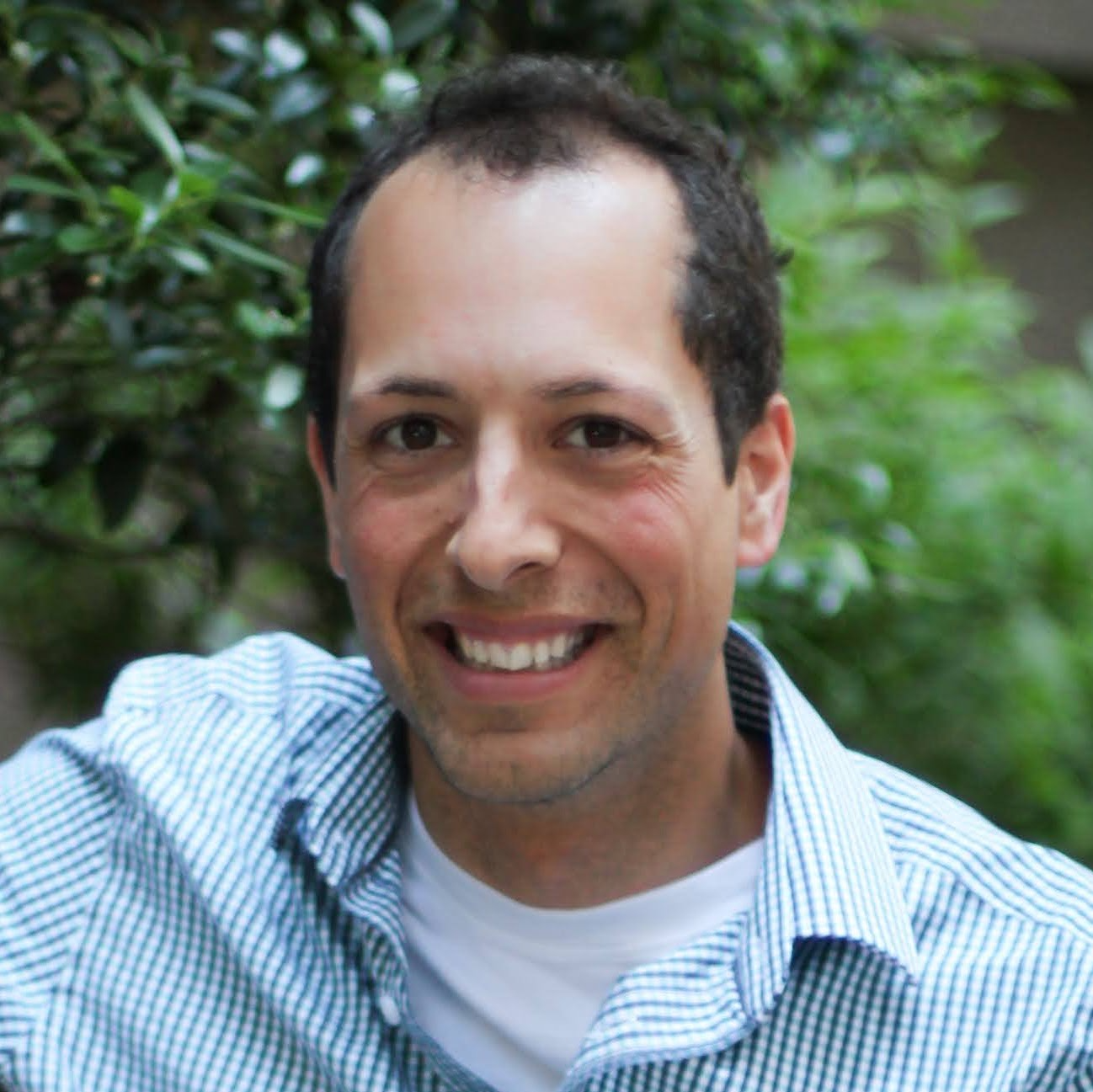
Chris Kachulis, PhD
Group Leader, Computational Biology
Broad Institute
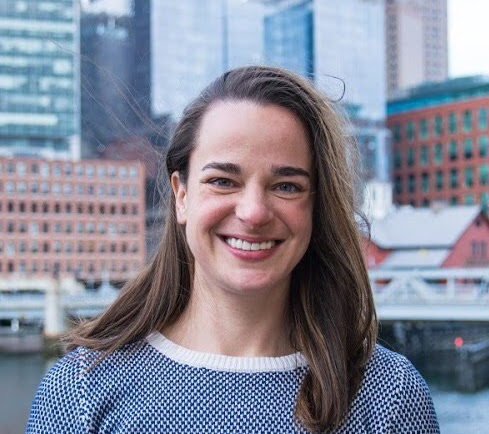
Morgan Aster, PhD
Principal Software Engineer
Broad Institute
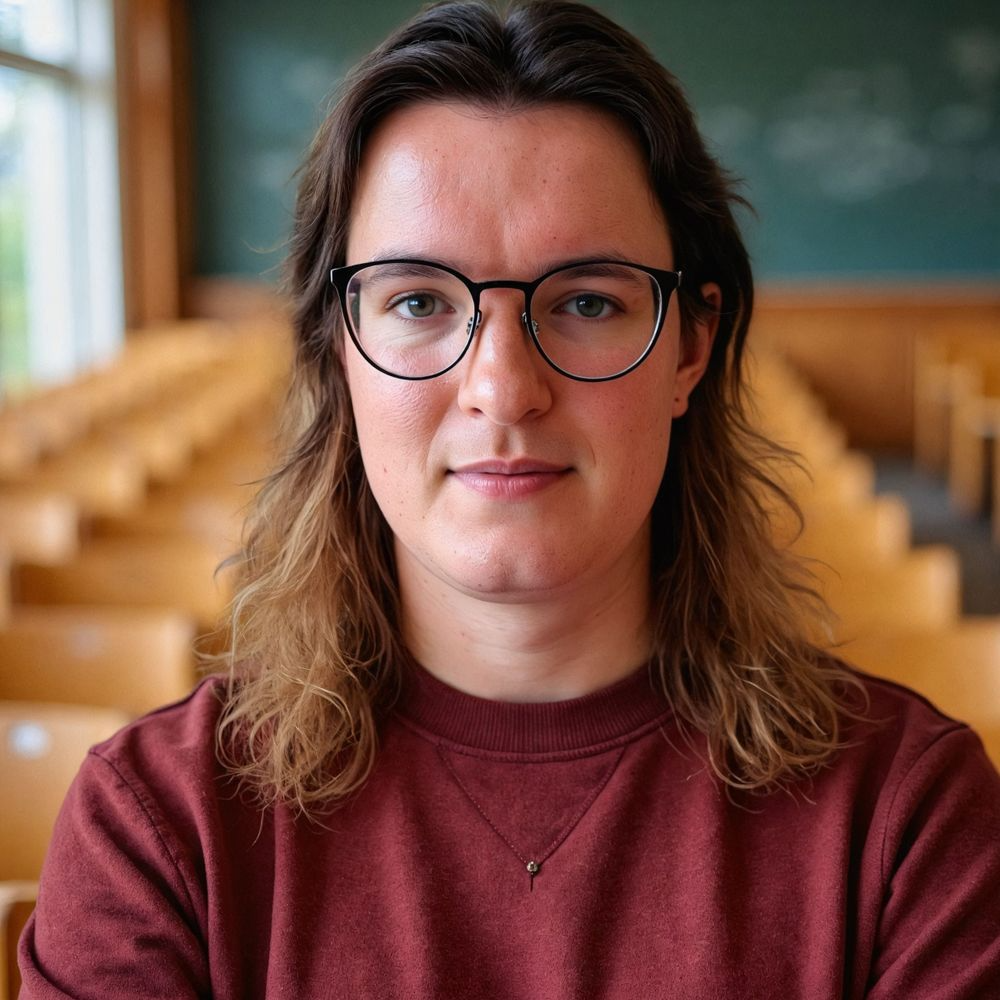
Franjo Ivankovic, PhD
Postdoctoral Scholar
Board Institute

Jose Soto, BS
Principal Software Engineer
Broad Institute

Ricky Magner, PhD
Broad Institute
-
Register
- Regular Member - $40
- Early Career Member - $20
- Resident/Clinical Fellow Member - $20
- Postdoctoral Fellow Member - $20
- Graduate Student Member - $20
- Undergraduate Student Member - $20
- Emeritus Member - $20
- Life Member - $30
- Nonmember - $55
- Trainee Member - $20
- More Information
-
Contains 1 Component(s) Includes a Live Web Event on 08/21/2025 at 12:00 PM (EDT)
This workshop is suitable for all staff working in genomics, especially those working in the field of cytogenomics. The recently released International System for Cytogenomic Nomenclature (ISCN) 2024 will be presented with worked complex examples for participants and a Q&A session.
With the advent of new technologies and deepening understanding of the nature of genomic aberrations and/or pathogenic variants, there is an increasing need for an international nomenclature to report complex genomic findings. The International System for Cytogenomic Nomenclature (ISCN) enables individuals to describe and communicate effectively normal and abnormal results found in their research or diagnostic studies. Globally, ISCN is used to describe numerical and structural variation, haplotypes, gene fusion and repeat expansion results at a genome level effectively and without ambiguity to clinicians, public databases and in publications. It provides a standard approach to describe any genomic rearrangement identified by karyotyping, FISH, microarray, genome mapping, DNA sequencing and various region-specific assays. ISCN also incorporates, as applicable, whether the abnormality is inherited or de novo, the proportion of the sample with the aberration and the variant allele frequency (VAF).
ISCN 2024 represents one of the most significant reviews with the generic rules being codified, plus the inclusion of genome mapping, targeted karyotyping, targeted arrays, imprinted and fusion gene nomenclature.
This interactive workshop will present the recently released ISCN 2024, some complex examples, the educational platforms available through Genomic Quality Assessment (GenQA) to provide training and competency tools for laboratories and clinicians alike as well as an interactive question and answer session plus an audience quiz. This workshop is suitable for all staff working in genomics, especially those working in the field of cytogenomics. A basic knowledge of ISCN is required for this workshop.
Learning Objectives
- Understand the rules and the practical application of cytogenomic ISCN nomenclature
- The ability to differentiate when to apply ISCN or HGVS nomenclature
- To be able to formulate and use the ISCN 2024 nomenclature in their own laboratories, clinical practices and in publications
- To be able to apply ISCN for real complex examples
There will not be a recording of this workshop available on-demand.

Ros Hastings, PhD, FRCpath
GenQA Consultant for Cytogenomics, Oxford and Edinburgh, UK
Chair of the ISCN Standing Committee
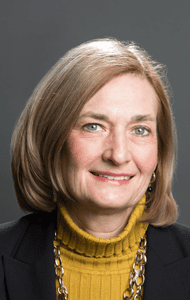
Cynthia Morton, PhD
William Lambert Richardson Professor of Obstetrics, Gynecology and Reproductive Biology and of Pathology at Harvard Medical School
Kenneth J. Ryan, M.D. Distinguished Chair in Obstetrics and Gynecology and Director of Cytogenetics at Brigham and Women’s Hospital in Boston
-
Register
- Regular Member - $40
- Early Career Member - $20
- Resident/Clinical Fellow Member - $20
- Postdoctoral Fellow Member - $20
- Graduate Student Member - $20
- Undergraduate Student Member - $20
- Emeritus Member - $20
- Life Member - $30
- Nonmember - $55
- Trainee Member - $20
- More Information
-
Contains 1 Component(s) Includes a Live Web Event on 07/16/2025 at 12:00 PM (EDT)
In this seminar, Ali Crawford, PhD will present on Constellation mapped reads, a novel on flow cell whole genome assay.
Constellation: The Next Generation of Whole Genome Sequencing (WGS)
Ali Crawford is a Sr. Director at Illumina. In this seminar, Ali Crawford, PhD will present on Constellation mapped reads, a novel on flow cell whole genome assay. The Constellation mapped reads workflow moves typical DNA library prep directly onto the flow cell, where DNA is tagmented and sequenced in nanowells on the flow cell surface. Using information from neighboring nanowells, many additional insights can be derived with Constellation as compared to traditional short read whole genome sequencing. This workflow can be utilized for any researcher who is interested in additional insights from Illumina whole genome sequencing including haplotype information, improved callability in high homologous regions, and improved structural variant calling and visualization. This presentation will cover how these genomes compare to other sequencing technologies and ways to interpret these new outputs.
Overview of Presentation
- Overview of the Constellation technology
- Review of data outputs and benchmarks to other technology
- Specific examples of Constellation specific insights and how to interpret them
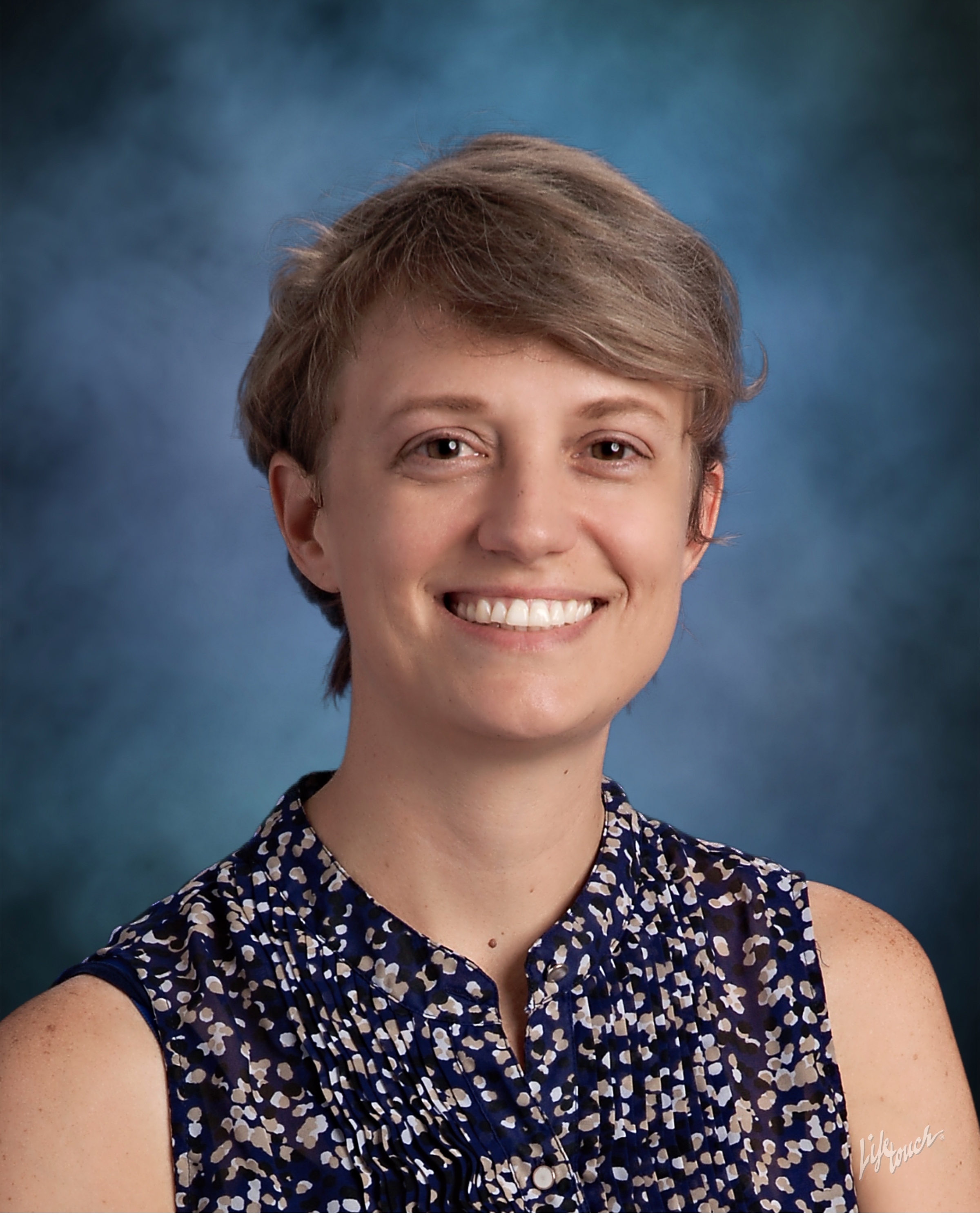
Ali Crawford, PhD
Sr. Director, Scientific Research, Ilumina
Dr. Ali Crawford serves as the Senior Director of Scientific Research at Illumina, where she leads the Strategic Clinical Research group. Her team is dedicated to advancing the application of genomics to improve human health, leveraging next-generation sequencing (NGS) and multiomics technologies to support both molecular diagnostics and therapeutic development and selection. Under her leadership, the group contributes to the design and development of innovative tools aimed at democratizing access to sequencing technologies, ensuring they are available to all who need them.
Prior to joining Illumina, Dr. Crawford earned her Ph.D. in Neuroscience from the University of California, San Diego. She subsequently completed postdoctoral research focused on identifying novel genes implicated in pediatric neurological disorders and other rare diseases.
Disclosure: Ali Crawford is a Sr. Director at Illumina.
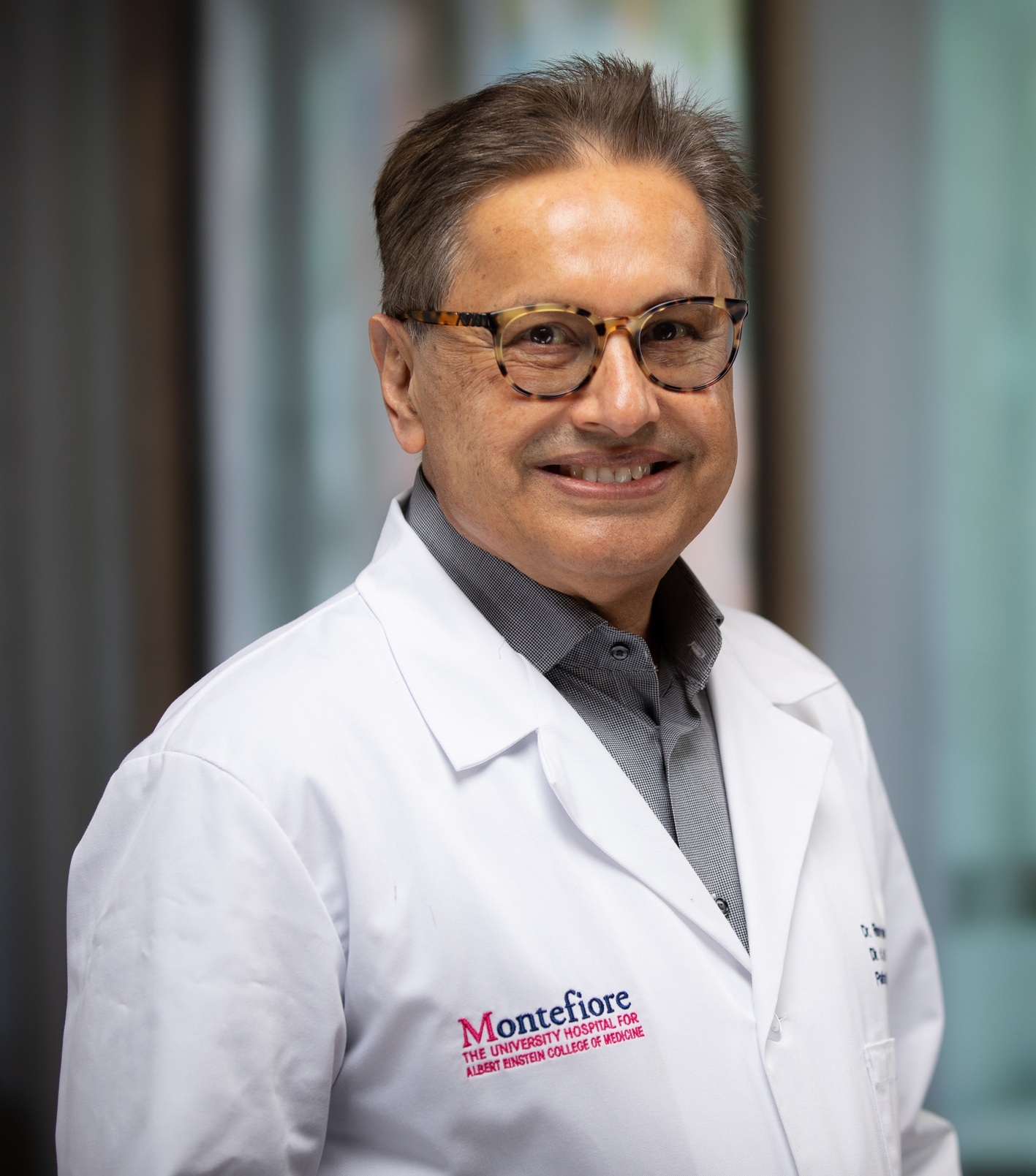
Rizwan C Naeem, M.B., B.S. (Moderator)
Professor of Pathology Program, Director of Molecular Pathology
LGG and MGP Fellowship Programs Founding Program Director
Since 2009, Rizwan C Naeem has been a professor of Pathology, Director of molecular pathology and serves as founding program director for Laboratory Genetics and Genomics (LGG) and Molecular Genetics Pathology (MGP) fellowship programs at the Albert Einstein College of Medicine and Montefiore Medical Center in NY. He is dual board certified in clinical molecular genetics and clinical cytogenetics with experience of over 25 years as lab director and didactic teacher from Tufts University in Boston to Baylor College of medicine in Houston and now at Montefiore Health System and Albert Einstein College of Medicine in NY.
He has served many leadership positions at the American College of Medical Genetics and Association of Molecular Pathologist (AMP). He is an immediate past president for the counsel of program director at AMP and representing American College of Medical Genetics (ACMG) at Undergraduate Training in Genomics Committee (UTRIG) under Association of Pathology Chairs. Currently, he is a selected member of Diversity and Equity Committee (DEI) of AMP. He is also a Founding member of the Pakistani Association of Medical Genetics and Genomics and serving educational needs of students and physician and providing virtual clinics to patients in Karachi and Lahor.
-
Register
- Regular Member - Free!
- Early Career Member - Free!
- Resident/Clinical Fellow Member - Free!
- Postdoctoral Fellow Member - Free!
- Graduate Student Member - Free!
- Undergraduate Student Member - Free!
- Emeritus Member - Free!
- Life Member - Free!
- Nonmember - Free!
- Trainee Member - Free!
- More Information
-
Contains 1 Component(s) Includes a Live Web Event on 07/09/2025 at 12:00 PM (EDT)
Pauline Lanting, PharmD, will discuss the feasibility of a low-cost, pre-emptive pharmacogenetic passport that could be readily implemented in clinical settings to ensure patients receive optimal drug therapy based on their genetic makeup.
Almost all individuals will carry a genetic marker that affects their drug response and warrants therapy adjustments. Pauline Lanting, PharmD, will discuss the feasibility of a low-cost, pre-emptive pharmacogenetic passport that could be readily implemented in clinical settings to ensure patients receive optimal drug therapy based on their genetic makeup.
Overview of Presentation:
- Taking advantage of existing genetic data generated in two biobanks, we developed and validated Asterix, a low-cost, clinical-grade PGx passport pipeline for 12 PGx genes.
- We performed and clinically validated genetic variant calling and statistical phasing and imputation. In addition, we developed and validated a CYP2D6 copy-number-variant-calling tool, forgoing the need to use separate PCR-based copy-number detection.
- We returned 1,227 PGx passports to biobank participants via a layperson-friendly app, improving knowledge of PGx among citizens.
- Our study demonstrates the feasibility of a low-cost, clinical-grade PGx passport pipeline that could be readily implemented in clinical settings to enhance personalized healthcare, ensuring that patients receive the most effective and safe drug therapy based on their unique genetic makeup.
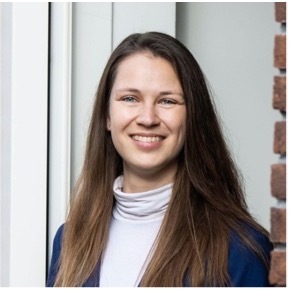
Pauline Lanting, PharmD
Pharmacist; PhD Candidate
University Medical Center Groningen
Pauline Lanting is a registered pharmacist and PhD-candidate at the University Medical Center Groningen in The Netherlands. Shortly after the completion of her PharmD she started her PhD research to investigate how patient and population cohorts can be used in achieving personalized medicine through pharmacogenomics. She currently combines her research with patient care.
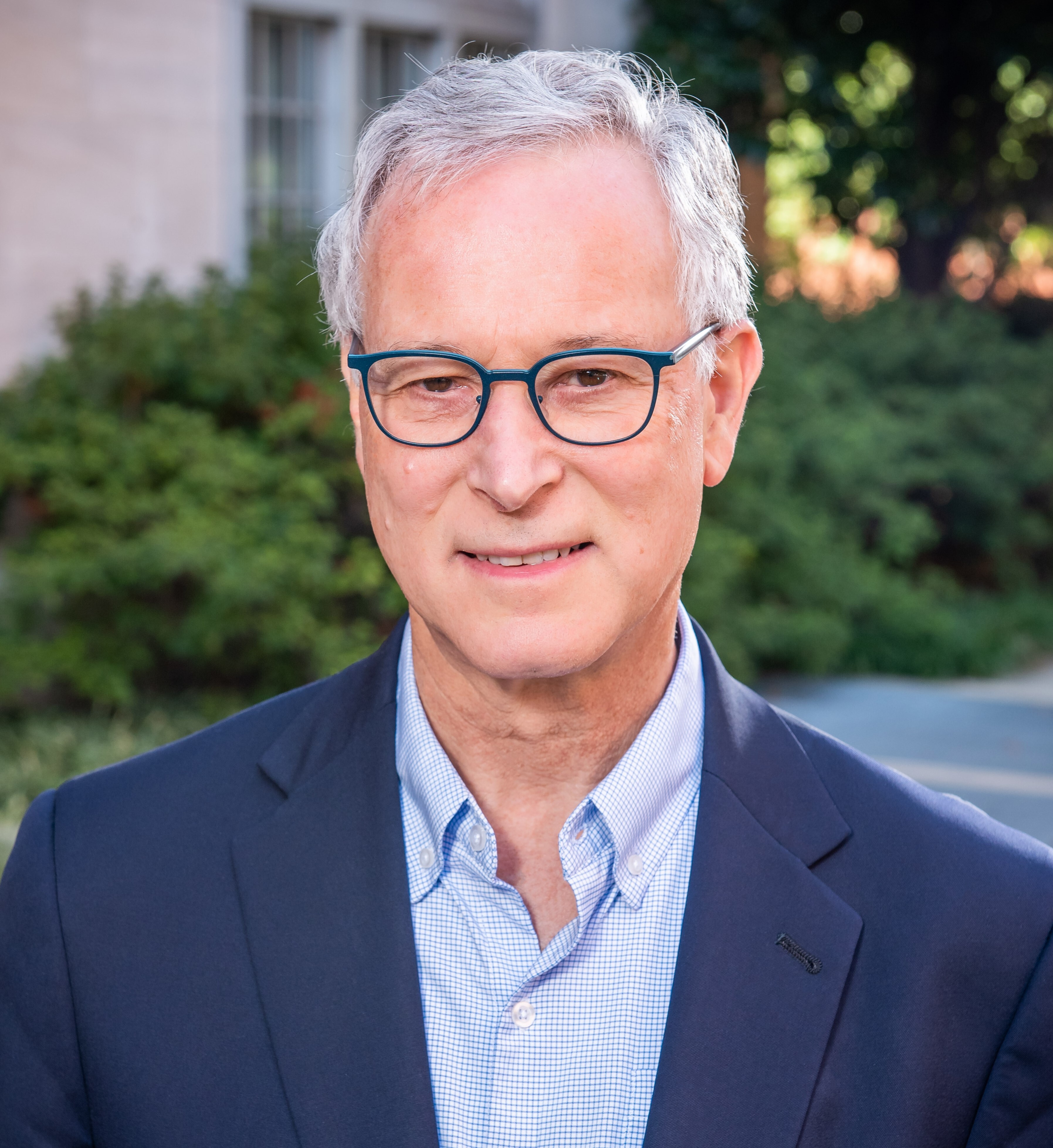
Bruce R. Korf, MD, PhD (Moderator)
Professor of Genetics
University of Alabama at Birmingham
-
Register
- Regular Member - Free!
- Early Career Member - Free!
- Resident/Clinical Fellow Member - Free!
- Postdoctoral Fellow Member - Free!
- Graduate Student Member - Free!
- Undergraduate Student Member - Free!
- Emeritus Member - Free!
- Life Member - Free!
- Nonmember - Free!
- Trainee Member - Free!
- More Information
-
Contains 1 Component(s)
Adam Bates will discuss results from leveraging the All of Us Research Program to study previously identified pathogenic germline variants and their relationship to cancer occurrence. This work highlights the importance of using diverse study populations to make cancer research more broadly applicable.
Adam Bates will discuss results from leveraging the All of Us Research Program to study previously identified pathogenic germline variants and their relationship to cancer occurrence. This work highlights the importance of using diverse study populations to make cancer research more broadly applicable.
Overview of Presentation
- We took over 500 pathogenic germline variants that had been discovered in TCGA and identified individuals in the All of Us Research Program that had these variants.
- Presence of these variants was generally associated with increased cancer occurrence in some groups of genetic similarity, but not others.
- Variants in specific genes showed strong associations with cancer phenotypes, especially in EUR-like individuals. For example, unsurprisingly, we saw strong associations between variants in BRCA2 and breast/ovarian cancer.
- Importantly, pathogenic germline variants were not distributed evenly across the genetic similarity groups, showing significant enrichment in EUR-like individuals.
- While our statistical power was somewhat limited in the All of Us version 6 dataset, we are excited about the improved power that will come in future All of Us releases.
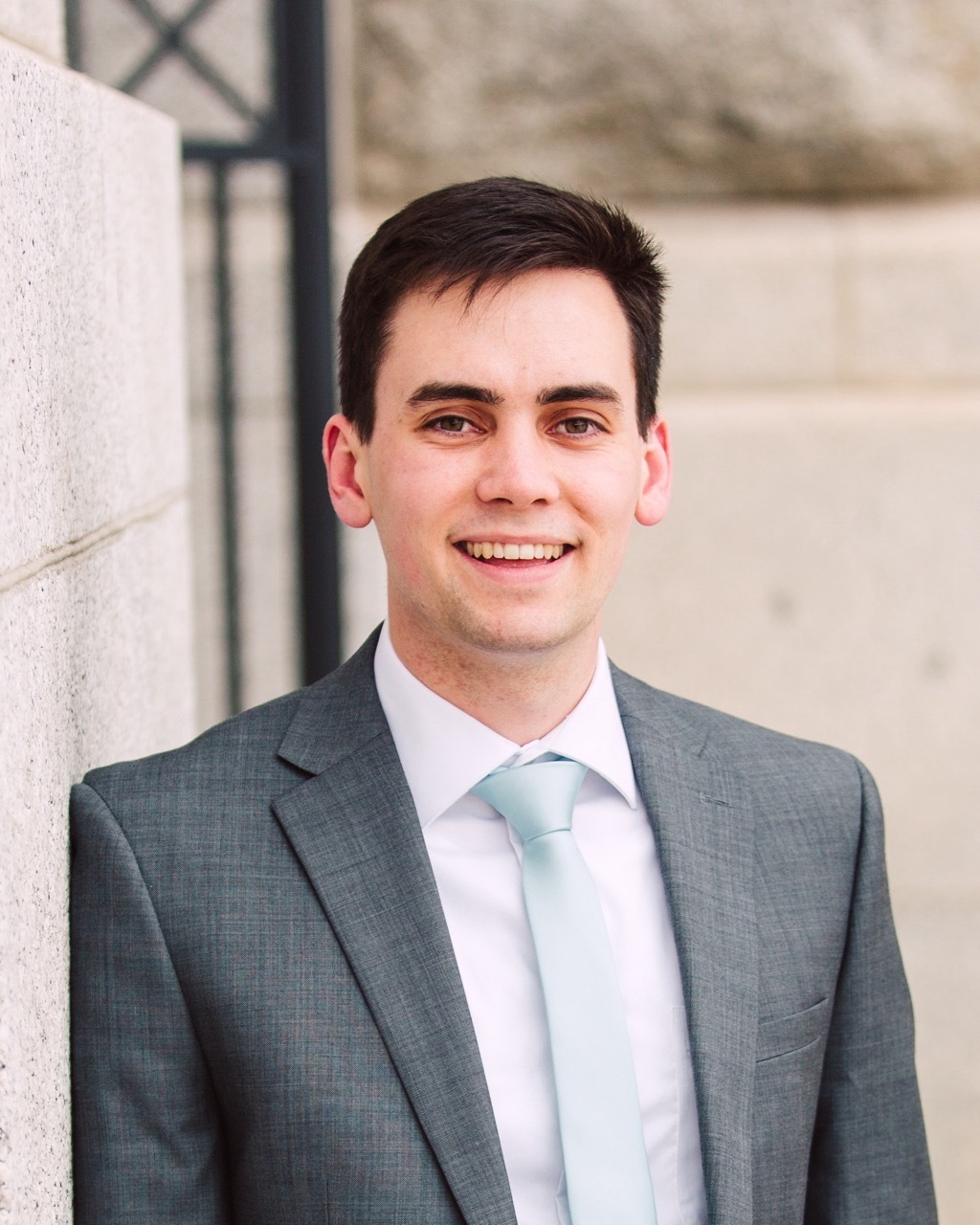
Adam Bates
PhD Student
University of Virginia
Adam Bates is a first year PhD student in the Biomedical Engineering department at the University of Virginia (UVA). Previously, Adam worked in the lab of Dr. Matthew Bailey at Brigham Young University (BYU), where his research focused on using the All of Us Research Program to study the relationship between pathogenic germline variants and cancer occurrence in a more diverse cohort. While at BYU, he was awarded an External Undergraduate Fellowship from the BYU Simmons Center for Cancer Research in 2022. He graduated from BYU in 2024 with a bachelor’s degree in chemical engineering.
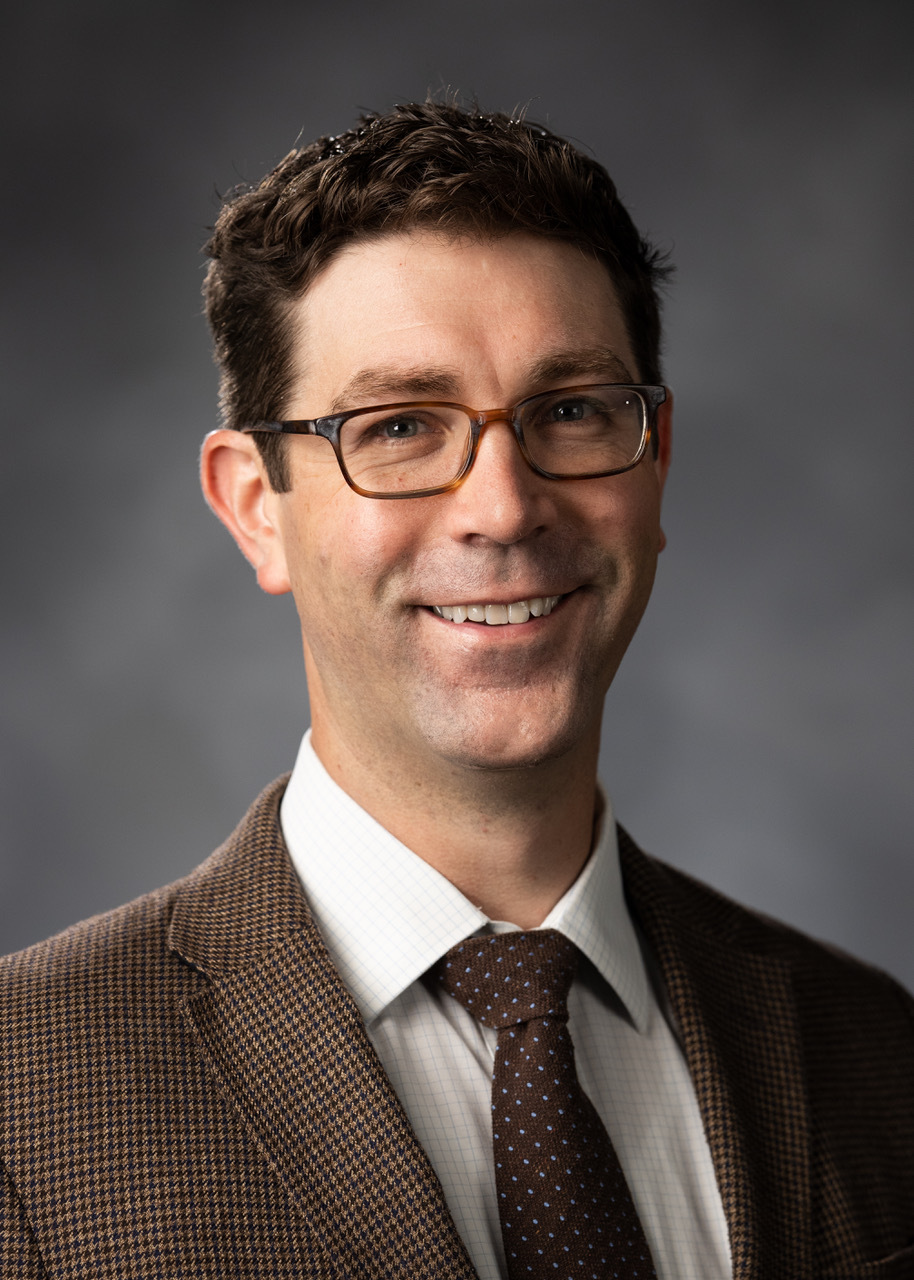
Matthew H Bailey, PhD
Assistant Professor
Bringham Young University
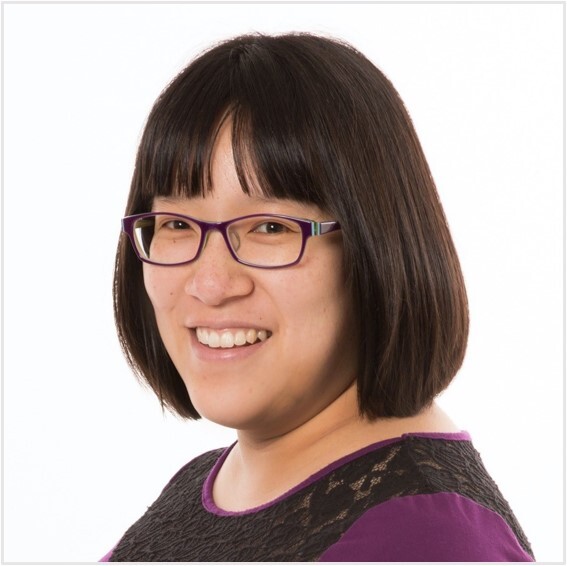
Jessica Chong, PhD (Moderator)
Deputy Editor
HGG Advances
-
Register
- Regular Member - Free!
- Early Career Member - Free!
- Resident/Clinical Fellow Member - Free!
- Postdoctoral Fellow Member - Free!
- Graduate Student Member - Free!
- Undergraduate Student Member - Free!
- Emeritus Member - Free!
- Life Member - Free!
- Nonmember - $20
- Trainee Member - Free!
- More Information
-
Contains 1 Component(s)
Mahmoud Koko, MBBS, Dr rer nat, will discuss findings from a meta-analysis of two large autism cohorts investigating the extent to which damaging coding variants influence a person's chances of having an autism diagnosis, and whether this influence varies by sex.
Mahmoud Koko, MBBS, Dr rer nat, will discuss findings from a meta-analysis of two large autism cohorts investigating the extent to which damaging coding variants influence a person's chances of having an autism diagnosis, and whether this influence varies by sex.
Overview of Presentation:
- There are notable sex differences in autism prevalence. This work asks whether autosomal rare variants contribute to this disparity.
- We found that the effects of rare damaging variants on the chances of having an autism diagnosis were similar between sexes.
- These variants, however, were not sufficient on their own to reach the diagnostic threshold for autism.
- When disrupted, autism-linked genes were more likely to predispose to neurodevelopmental disorders in general than autism specifically.
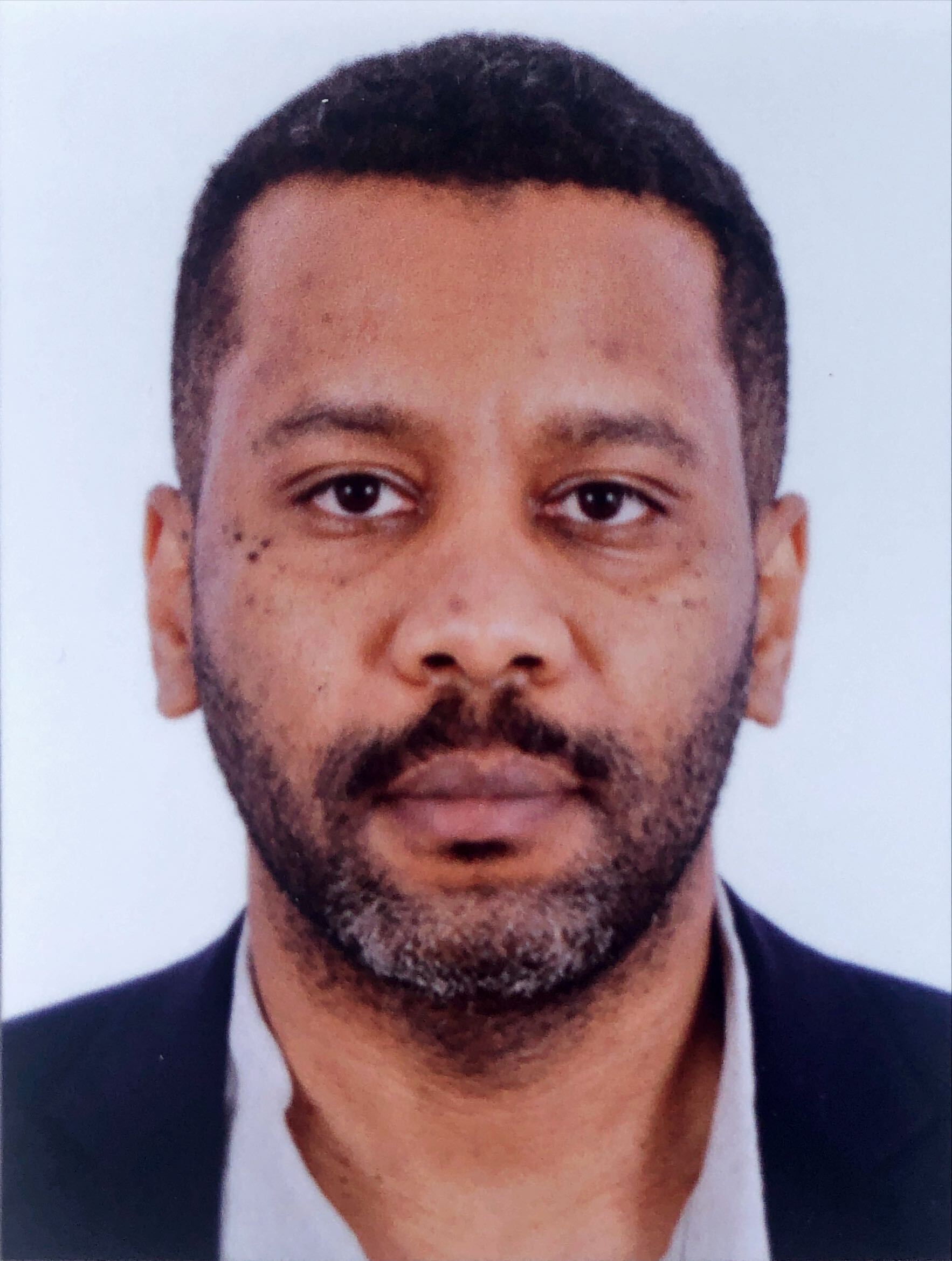
Mahmoud Koko, MBBS, Dr rer nat
Postdoctoral Fellow
Hilary Martin's Lab, Wellcome Sanger Institute
Mahmoud Koko, MBBS, Dr rer nat, is a postdoctoral fellow at Sanger Institute, UK. His research has focused on studying the influence of rare variants on neurological conditions. He graduated from the Faculty of Medicine, University of Khartoum and obtained his PhD in neuroscience from the University of Tübingen. He joined Hilary Martin's Lab at Sanger in 2022 to study the influence of rare genetic variants on autism, developmental conditions, and cognitive traits.
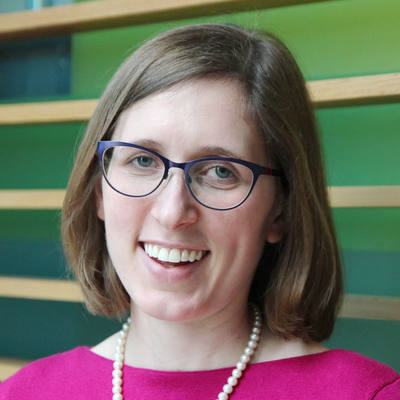
Hilary C. Martin, DPhil (Oxon)
Group Leader
Wellcome Sanger Institute
Hilary is a Group Leader at the Wellcome Sanger Institute. Her work addresses various medical and population genetic questions by integrating genomic data from large clinical cohorts, biobanks, and birth cohorts. She completed her PhD in Oxford in before taking up a postdoctoral position at Sanger where she started her own group in 2018. The group studies the contribution of common and rare variants to neurodevelopmental conditions and cognitive traits, as well as to the genetic architecture of complex traits in South Asian populations.
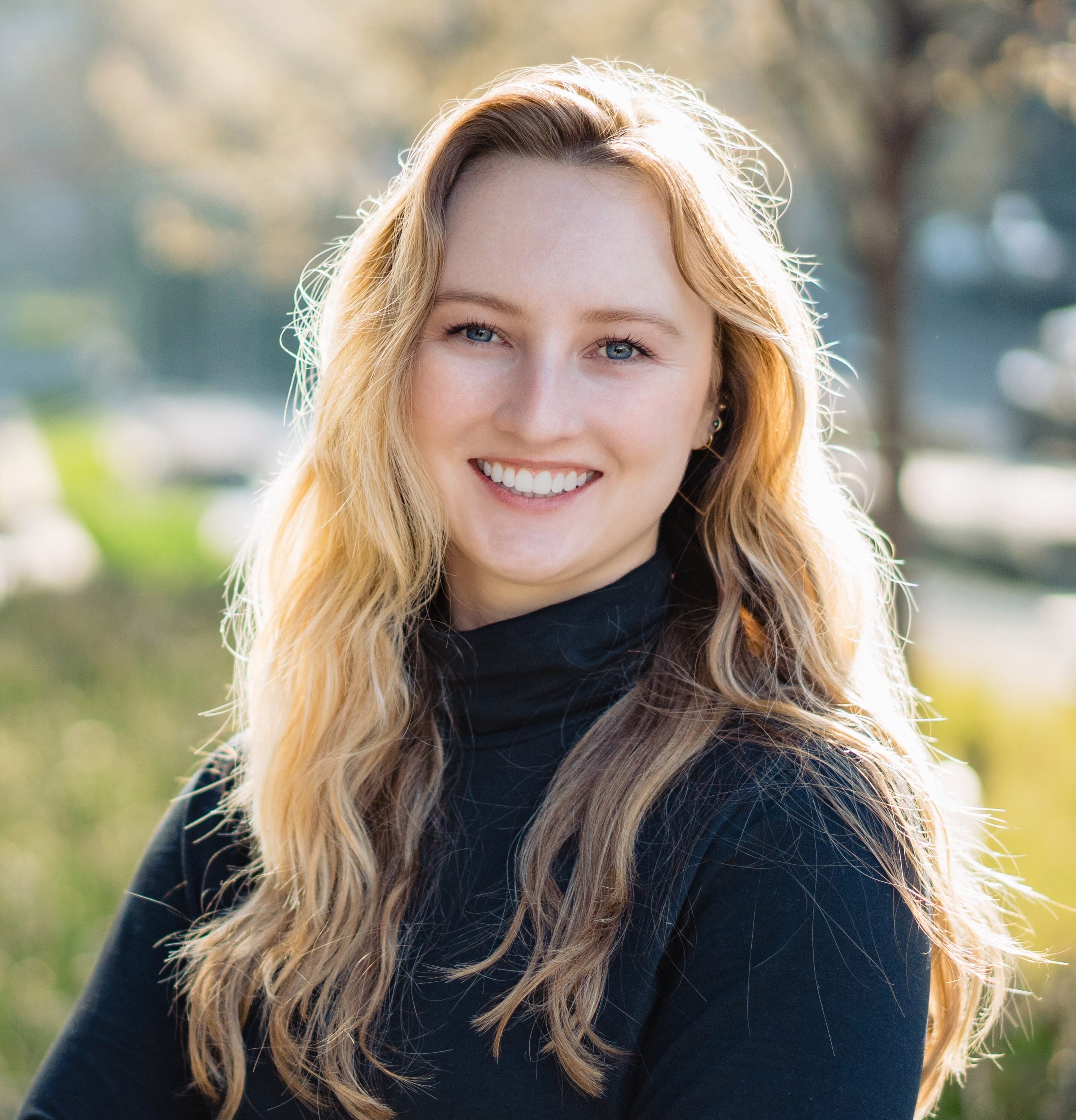
Alyson Barnes, PhD (Moderator)
Assistant Editor
American Journal of Human Genetics
-
Register
- Regular Member - Free!
- Early Career Member - Free!
- Resident/Clinical Fellow Member - Free!
- Postdoctoral Fellow Member - Free!
- Graduate Student Member - Free!
- Undergraduate Student Member - Free!
- Emeritus Member - Free!
- Life Member - Free!
- Nonmember - $20
- Trainee Member - Free!
- More Information
-
Contains 8 Component(s), Includes Credits
Virtual Symposium presenting cutting-edge research in Cancer Genetics
The ASHG Spring Symposium featured talks about recent developments in cancer genetics and genomics. The presentations cover predicting cancer risk, non-coding variation in cancer, understanding variant function, precision oncology, and new technical innovations.
Session Descriptions
Day One:
Deciphering Noncoding Regulation
Cancer genomics often focuses on the gain and loss of function variants in protein-coding genes. For this session, we’ll look at the role of non-coding DNA as a cancer driver. The featured talks will include mechanisms for non-coding regulatory regions and the function of some intronic variants.
Genomics-Aided Precision Oncology
Oncology has been at the forefront of taking a “precision medicine” approach to individual patient care and genetic counseling for risk. In this session, we’ll hear about integrating genomics data into the care of patients, with experience ranging from single centers to nationwide cancer programs.
Refining Variant Classification in Cancer
In this session, you’ll learn about methods to help classify genetic variants associated with cancer. We will cover methods ranging from mechanistic studies using single-cell RNA-Seq and saturation mutagenesis to more informatic approaches.
Day Two:
Cancer Versus the Immune System
In this session, hear about advances in our understanding of the immune system's role in cancer control. Talks will include how tumors evade immune surveillance and how to predict response to immune checkpoint therapies based on machine learning assessment of tumor variant pathogenicity.
Innovations in Cancer Genomics and Prediction
Genomic technologies evolve rapidly. This session will focus on cutting-edge techniques in cancer genomics, such as predicting original tumor anatomical location from their mutational pattern, cell-free DNA applications, and single-cell multiomics.
Polygenic Models of Cancer Risk
Single-point variant estimates of cancer risk can help guide care, but these variants act along with an individual’s other genetic variants. This session will take a broader view of risk assessment, including polygenic risk scores in breast cancer, risk integration in health care, and consideration of multiple population-enriched germline variants.
**Registration free for NIH employees. Members from Resource Limited Countries are entitled to discounted registration. Please contact DigitalPrograms@ashg.org for assistance.-
Register
- Regular Member - $85
- Early Career Member - $40
- Resident/Clinical Fellow Member - $22
- Postdoctoral Fellow Member - $22
- Graduate Student Member - $22
- Undergraduate Student Member - $22
- Emeritus Member - $85
- Life Member - $85
- Nonmember - $115
- Trainee Member - $22
- More Information
-
Register
-
Contains 1 Component(s)
José A. Rodríguez-Martínez, Associate Professor at the University of Puerto Rico, will discuss their recent work on using computational models to identify cardiovascular disease-associated single-nucleotide polymorphisms (SNPs) that alter the DNA binding of the human cardiac transcription factor GATA4, and validated these findings through in vitro and cellular experiments.
José A. Rodríguez-Martínez, Associate Professor at the University of Puerto Rico, will discuss their recent work on using computational models to identify cardiovascular disease-associated single-nucleotide polymorphisms (SNPs) that alter the DNA binding of the human cardiac transcription factor GATA4, and validated these findings through in vitro and cellular experiments.
Overview of Presentation
- Understand how non-coding genetic variants can impact transcription factor binding and gene regulation, particularly in the context of cardiovascular diseases.
- Apply machine learning models, such as gapped kmer support vector machine (GKM SVM) for predicting changes in DNA-binding affinity of transcription factors.
- Understand methods used for validating computational predictions, including electrophoretic mobility shift assays and luciferase reporter assays.
- Compare Predictive Models: Understand the differences between SVM-based and position weight matrix-based models in predicting the impact of genetic variants on transcription factor binding.
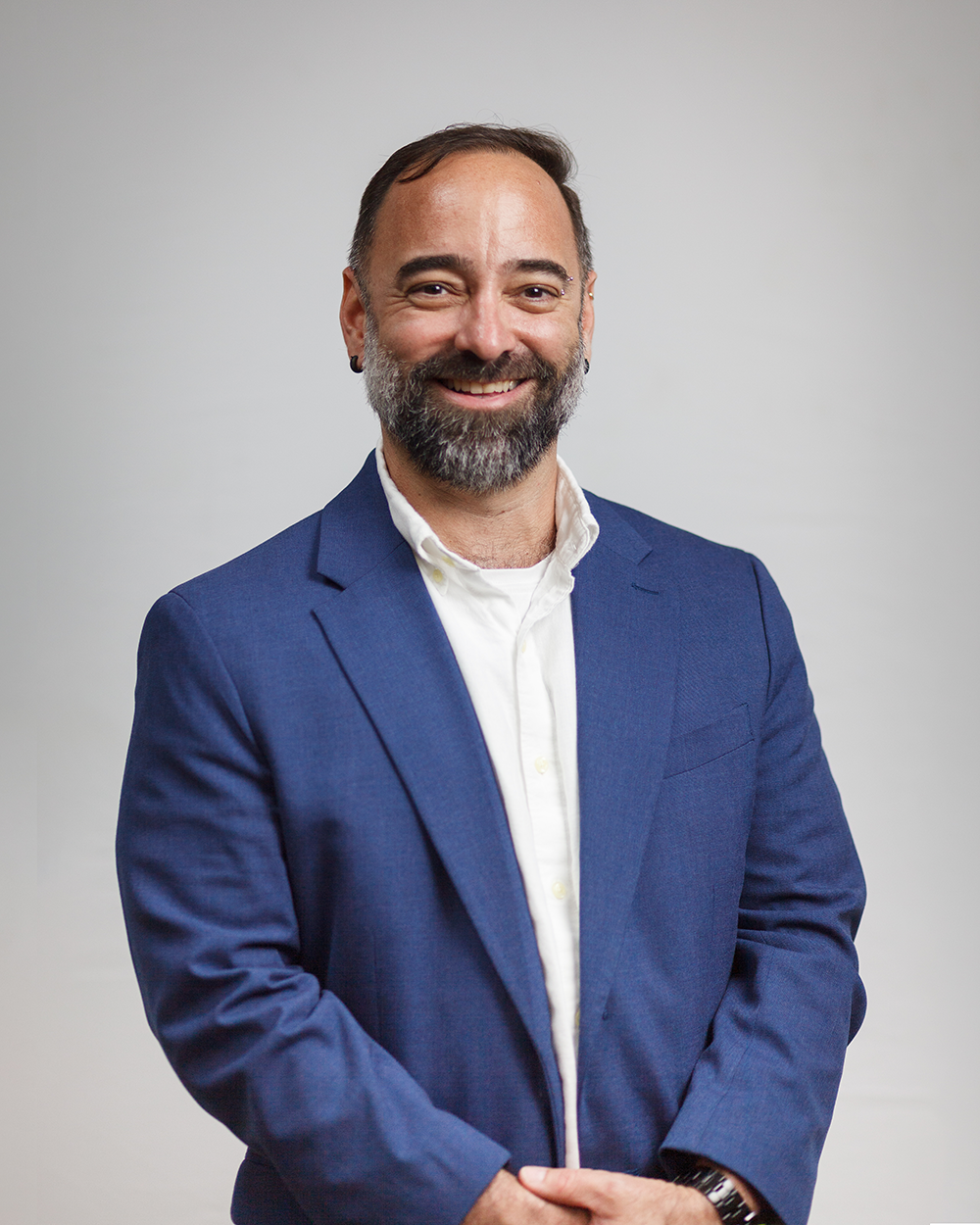
José Arcadio Rodríguez-Martínez
Associate Professor
University of Puerto Rico Río Piedras
José A. Rodríguez-Martínez is an AssociatedProfessor in the Department of Biology at the University of Puerto Rico Río Piedras.Prof. Rodríguez-Martínez was born and raised in Puerto Rico. He earned hisB.Sc. and Ph.D. degrees from the University of Puerto Rico. After postdoctoralwork at the University of Wisconsin Madison, José returned to his alma mater.The Rodríguez-Martínez laboratory’s mission is to decipher the molecularmechanisms by which proteins recognize and bind to specific sequences of DNAand RNA to decode genetic information. We aim to uncover the role ofnon-synonymous mutations in transcription factor proteins and non-codingvariants in diseases. Mentoring and training of scientists who conduct researchpassionately, reproducibly, and responsibly goes hand in hand with the lab’smission. Mentoring and research efforts were recognized by being listed in theThe Atlas of Inspiring Hispanic/Latinx Scientists. Prof. Rodríguez-Martínezserves in the Maximizing Access Committee of the American Society forBiochemistry and Molecular Biology.

Jessica Chong, PhD (Moderator)
Deputy Editor
HGG Advances
-
Register
- Regular Member - Free!
- Early Career Member - Free!
- Resident/Clinical Fellow Member - Free!
- Postdoctoral Fellow Member - Free!
- Graduate Student Member - Free!
- Undergraduate Student Member - Free!
- Emeritus Member - Free!
- Life Member - Free!
- Nonmember - $20.01
- Trainee Member - Free!
- More Information
-
Contains 1 Component(s)
In this seminar, Nara Sobreira, PhD, MD will present tools (PhenoDB, GeneMatcher, and VariantMatcher) used to prioritize causative variants in the analysis of coding and non-coding variants when analyzing genomic data.
In this seminar, Nara Sobreira, PhD, MD will present tools used to prioritize causative variants in the analysis of coding and non-coding variants when analyzing genomic data. The tools include PhenoDB, GeneMatcher, and VariantMatcher. PhenoDB is an accessible, freely available, web-based platform that allows users to store, share, analyze, and interpret their patients' phenotypes and variants from ES/GS data using a wide range of annotations and AI tools that facilitate the connection of causative genes to the phenotypes being investigated. GeneMatcher is accessible to all stakeholders as a web-based tool developed to connect individuals (researchers, clinicians, health care providers, and patients) around the globe with an interest in the same gene(s), variant(s), or phenotype(s). Finally, VariantMatcher was developed to enable public sharing of variant-level data and phenotypic information from individuals sequenced as part of multiple disease gene discovery projects. Dr. Nara Sobreira will explore the GA4GH tools used to connect these databases to others worldwide as part of the Matchmaker Exchange project.
Overview of Presentation:
- Introduce PhenoDB and outline a typical PhenoDB analysis pipeline.
- Describe GeneMatcher and highlight the ways it has facilitated disease gene discovery.
- Discuss VariantMatcher and the benefits of connecting databases that share variant-level and phenotypic information.
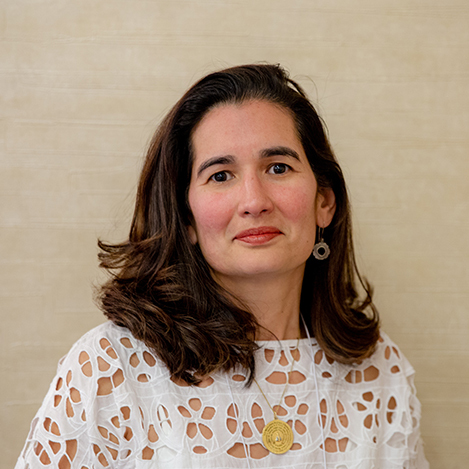
Nara Lygia de Macena Sobreira, MD, PhD
Associate Professor
Johns Hopkins University
Nara Sobreira, MD, PhD, is an associate professor at the McKusick-Nathans Department of Genetic Medicine at Johns Hopkins University School of Medicine. Her area of expertise is rare Mendelian phenotypes, analysis of next-generation sequencing, and functional testing of candidate causative variants. She earned her M.D. at the University of Pernambuco in Brazil. She finished her Ph.D. in Human Genetics at Johns Hopkins followed by a one-year postdoc also at Johns Hopkins School of Medicine. She completed residencies in clinical genetics at both Universidade Federal de Sao Paulo and Johns Hopkins. Her main clinical and research focus is on identifying the genetic bases of rare phenotypes, mainly, phenotypes associated with cartilage tumors and vascular anomalies, and on understanding the physiopathology of these phenotypes to identify pharmacological strategies to treat them. She has worked extensively on developing strategies to better analyze the variants identified by next-generation sequencing and on novel strategies for data sharing. She is one of the creators of GeneMatcher, VariantMatcher, and one of the co-founders of the Matchmaker Exchange, all intended to share next-generation sequencing data.
Lord Jephthah Joojo Gowans, PhD (Moderator)
Principal Investigator
Kwame Nkrumah University of Science and Technology, Kumasi, Ghana
Dr. Lord Jephthah Joojo Gowans is a faculty member at Kwame Nkrumah University of Science and Technology (KNUST), Kumasi, Ghana. He conceived, initiated, and executed the first-ever genetics and genomics research on orofacial clefts (OFCs) and craniosynostosis among Ghanaians. His group remains the leader in craniofacial research among continental Africans. He established the Human Genetics and Genomics (HuGENE) Laboratory at KNUST, where he serves as the Director/PI. Dr Gowans has served as the Contact Principal Investigator (PI) on several National Institutes of Health (NIH, USA) primary grants to KNUST, as well as Site PI for many NIH subawards. For instance, in 2019, he was awarded a five-year Emerging Global Leader Award/Grant by NIDCR/FIC at NIH. In June 2023, he was awarded the IADR/Smile Train Cleft Research award. He is a member of several professional bodies, including ASHG. Dr Gowans’ PhD was a split-site training between KNUST and the University of Iowa, Iowa, USA.
-
Register
- Regular Member - Free!
- Early Career Member - Free!
- Resident/Clinical Fellow Member - Free!
- Postdoctoral Fellow Member - Free!
- Graduate Student Member - Free!
- Undergraduate Student Member - Free!
- Emeritus Member - Free!
- Life Member - Free!
- Nonmember - $20
- Trainee Member - Free!
- More Information
-
Contains 1 Component(s)
Dr. Rebecca Reimers will discuss genome-based newborn screening for severe, actionable, childhood genetic diseases in a NICU pilot study.
Dr. Rebecca Reimers will discuss genome-based newborn screening for severe, actionable, childhood genetic diseases in a NICU pilot study.
Overview of Presentation:
- Review ongoing work in genome-based newborn sequencing studies and the ongoing BeginNGS trial
- Describe performance in NICU populations for a 412 disorder panel and for diagnostic genome sequencing in NICU patients not expected to have a genetic disorder
- Review utilization of federated data to improve the BeginNGS test and ongoing work to enhance test utility and performance
- Describe collaboration between genomic researchers and the State of California to provide high quality screening for critically ill newborns
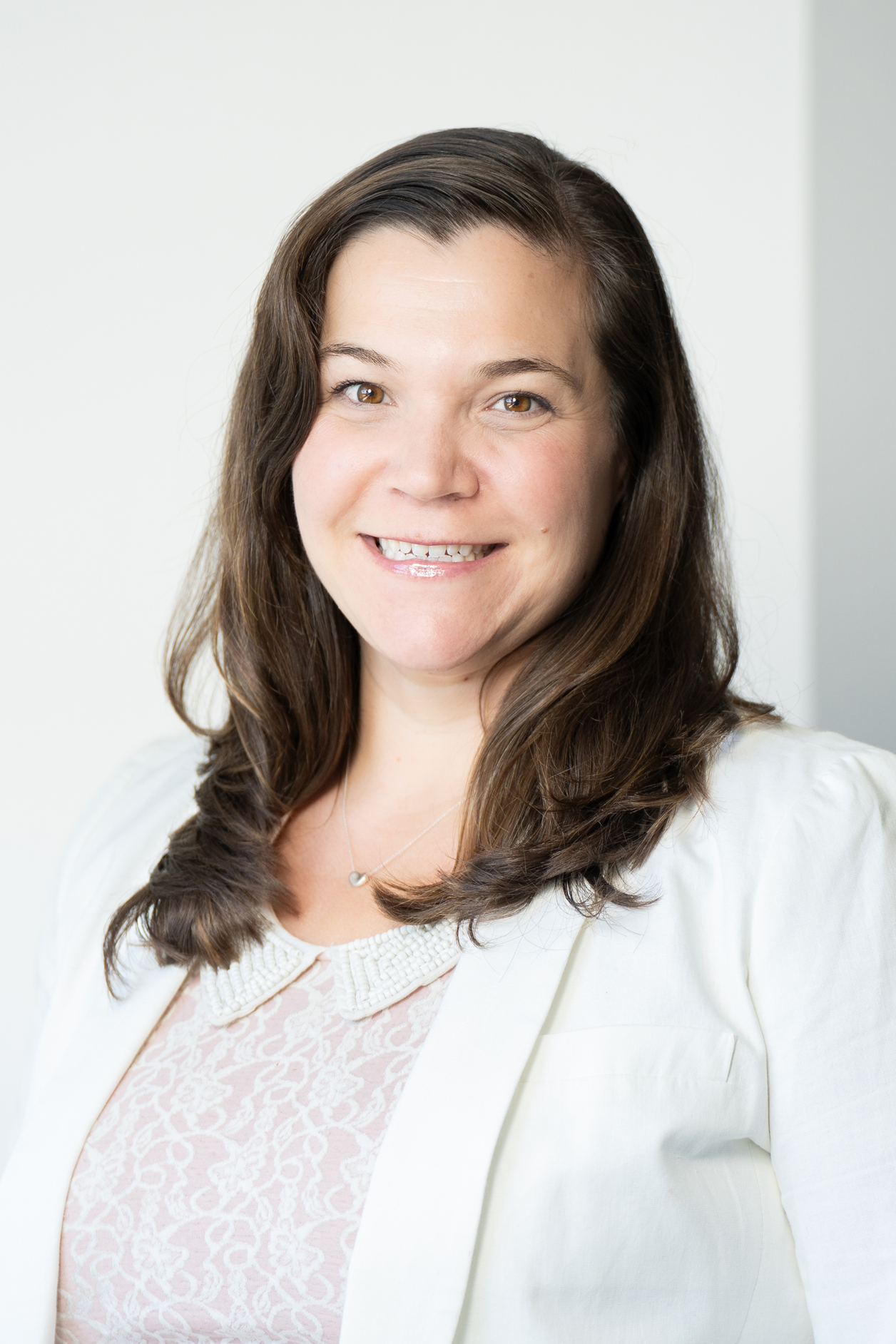
Rebecca Reimers, PhD, MPH
Principal Investigator
Rady Children's Institute for Genomic Medicine
Dr. Rebecca Reimers is clinically trained in maternal-fetal medicine and clinical genetics. She currently practices pediatric genetics, perinatology, and leads two clinical trials; one in genome sequencing for newborn screening (BeginNGS) and the other in genome sequencing for prenatally diagnosed congenital heart disease. Her research is through Rady Children's Institute for Genomic Medicine and she is an assistant professor at the University of California, San Diego.
Dr. Reimers' long-term goal as a researcher is to improve equitable counseling and care for families with pediatric genetic disorders or fetal anomalies through rapid genetic diagnosis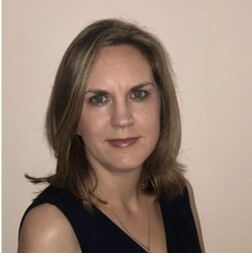
Sara Cullinan, PhD (Moderator)
Deputy Editor
American Journal of Human Genetics
-
Register
- Regular Member - Free!
- Early Career Member - Free!
- Resident/Clinical Fellow Member - Free!
- Postdoctoral Fellow Member - Free!
- Graduate Student Member - Free!
- Undergraduate Student Member - Free!
- Emeritus Member - Free!
- Life Member - Free!
- Nonmember - $20
- Trainee Member - Free!
- More Information



